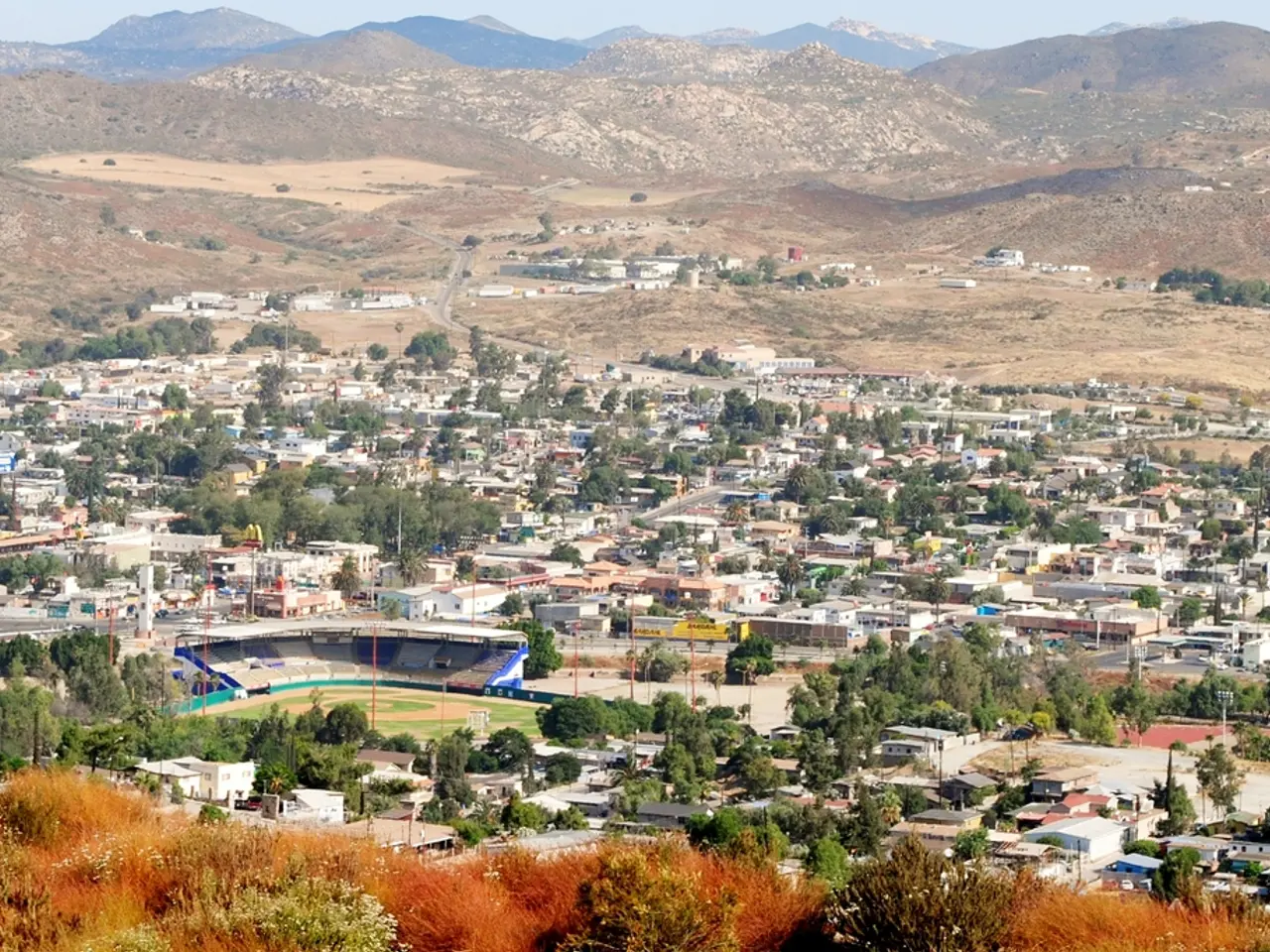Sending money to relatives in North Korea may result in legal complications and potential scams for defectors.
In South Korea, North Korean defectors often send money to their families still living in North Korea through informal channels, primarily using Chinese brokers who facilitate the transfers across the border. These remittances are typically considered humanitarian transfers intended for the survival of family members left behind in the isolated nation, but they have attracted police scrutiny and investigations due to their potential links to violations of South Korean law and inter-Korean sanctions.
The methods used for these transfers involve defectors handing over funds to brokers in South Korea, who then pass the money through contacts or networks in China for delivery to North Korean recipients. With the increasing digitalization of North Korea's payment systems, families in North Korea may now receive money in more modern forms, such as electronic wallets and online banks. However, the direct sending from South Korea to North Korea remains via informal, cross-border channels.
Legally, while defectors defend these transactions as humanitarian aid, South Korean authorities sometimes view them as potentially illegal remittances due to sanctions against North Korea. This leaves those involved vulnerable to police investigations. Human rights organizations in South Korea have called for an end to these police probes, arguing that sending money to family in North Korea is a basic human right critical for their survival and should not be criminalized.
However, sending money to North Korea is not without risks. North Korea's strict system of "kin punishment," which can harshly punish family members of those deemed offenders, means that defectors risk complex repercussions for their families in North Korea if remittances are discovered. This creates an additional layer of danger and sensitivity around sending money.
Recent observations have revealed the movement of North Koreans across the border. Photos published by JOONGANG ILBO show a person on a train connecting Pyongyang, North Korea, and Dandong, China, in an undated photo, as well as North Koreans in Hwanghae Province, a region that borders South Korea, on June 12. The identities of the North Koreans in the photos are not disclosed. The location and method of observation are also not specified.
In the context of the ongoing tensions between the two Koreas, the issue of money remittances remains a sensitive and complex one, with humanitarian concerns clashing with legal and political considerations. As the situation continues to evolve, it is crucial to maintain a nuanced understanding of the challenges faced by North Korean defectors and their families, and to strive for solutions that prioritize the well-being and safety of those most affected by the divide.
[1] Humanitarian remittances and their legal implications in South Korea: A complex issue (2021). [JOONGANG ILBO] [2] Digitalization and the changing landscape of North Korean remittances (2020). [YONHAP] [5] The risks and repercussions of sending money to North Korea: A human rights perspective (2019). [HUMAN RIGHTS WATCH]
- The complex issue of humanitarian remittances in South Korea, rooted in politics and legal implications, has led to disputes between defenders who view transactions as aid and authorities who sometimes consider them potential violations of law.
- As North Korea's payment systems become more digitalized, the methods for remitting money change, posing new challenges for defectors and their families, as well as raising concerns about crime and justice due to potential links to inter-Korean sanctions.




